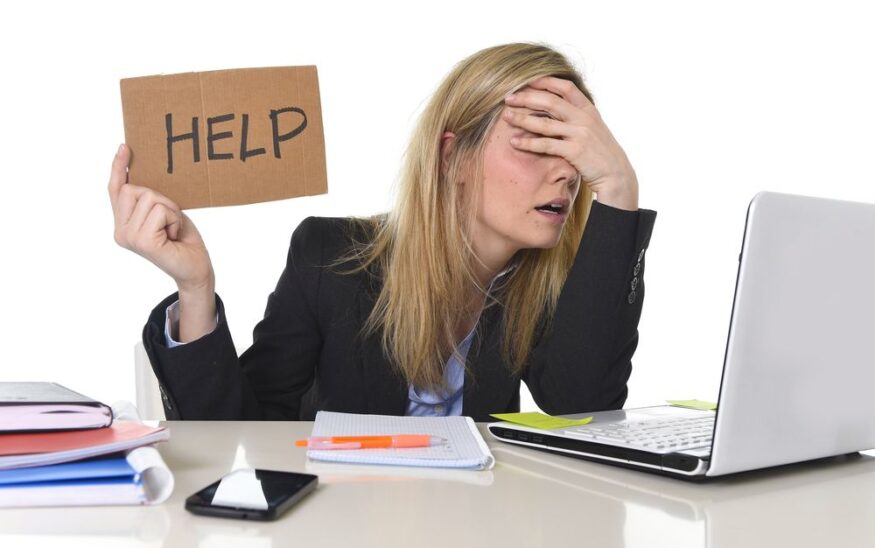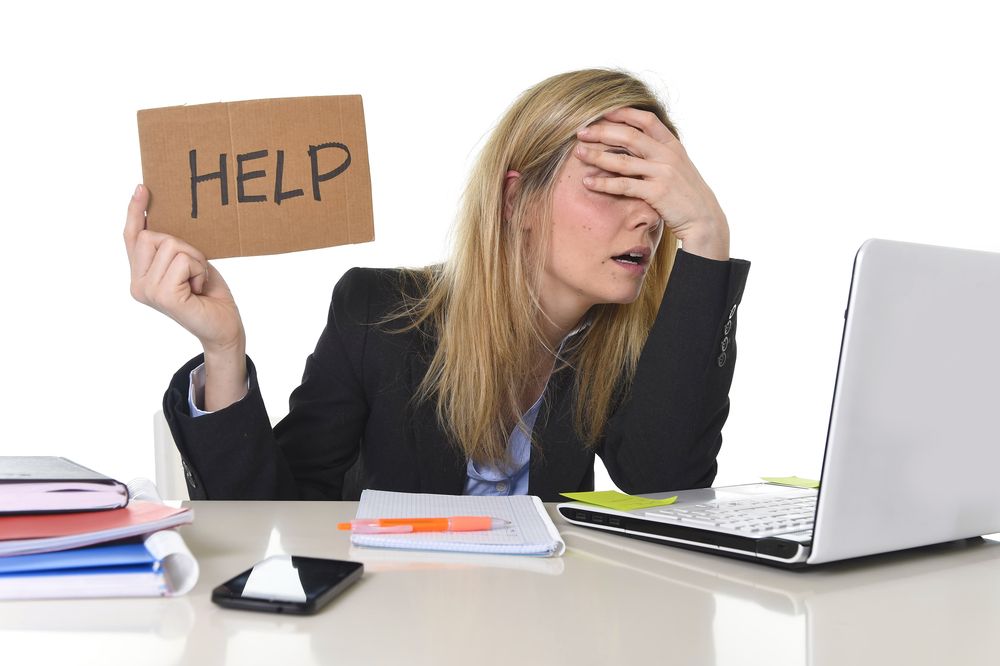How I overcame the "responsibility glitch"
It afflicts many founders and CEOs
Brad Feld //July 13, 2016//


How I overcame the "responsibility glitch"
It afflicts many founders and CEOs
Brad Feld //July 13, 2016//

I started my first company when I was 19. By that point, I felt immense responsibility for what I did. I was at MIT working hard on school. I had spent the previous two years – part time during the school year and full time in the summer – writing software for a company called PetCom. One of the products I wrote for them (PCEconomics) was very popular in the oil and gas industry and sold a lot of copies.
I got a 5 percent royalty on every copy sold, so I was getting monthly royalty checks ranging from $1,000 to $10,000 (I think the largest one I got was just over $12,000.) I had a long distance relationship with my high school girlfriend who became my first wife. I was the treasurer of my fraternity. While I had an adequate amount of fun in college, I was very serious. And responsible.
As I drifted into my 20s, as my first business grew, I felt responsible for many things around it. I got married and felt responsible for the relationship, my wife, and her actions. I was in a Ph.D. program and felt responsible for the work I was doing there.
At some point, the "responsibility glitch" appeared. It was likely stimulated by a variety of things, including too much overall feeling of responsibility and no perspective on how to manage or modulate it. I had clinical OCD (although I didn’t know it at the time) and had a need to try to control everything in my environment, although my attempts to do this were often hugely irrational and often entertaining to others.
For example, I came up with the notion that if every cigarette butt that I passed on the sidewalks in Massachusetts wasn’t parallel to the street then my mother would die. While I clearly had plenty of spare cycles in my brain to ponder stuff like this, the image of me wandering down the sidewalk straightening cigarettes with my sneakers still causes me to cringe even 30 years later.
Then my circuits overloaded. I got kicked out of the Ph.D. program. My wife had an affair, and we ended up getting divorced. My business was fine, but the stress from it, and everything else around me was overwhelming. I suddenly started feeling responsible for things I had no business feeling responsible for.
I worried about my ex-Ph.D. colleagues, how they were doing, and wondered what I could do to help them avoid my fate. I was empathetic to my ex-wife when she called to ask for help when she was having problems with her boyfriend. I felt responsible for every client we had and whatever flaws were in our software and every moment.
I felt too responsible.
This eventually overwhelmed me and was part of what triggered my first depressive episode, which lasted two years. Fortunately, I was in therapy so I had a good solid two years to explore the feeling of being deeply depressed and all the elements around it. While there was no joy in that, it was profoundly important to my character and who I am today.
One of the things I learned about myself during this journey was that by being too responsible, I caused a number of unintended negative side effects. Some of these were easy to identify. For example, I learned that I undermined the people working for me since I allowed them to be less responsible, since I’d overcompensate for them.
I realized that I was spending a lot of energy trying to control exogenous forces that I had no influence on. As I understood and resolved my OCD, I figured out that I was exhausting part of myself by continually processing a bunch of irrelevant linkages between things that either didn’t need to be controlled, or that I had no ability to impact.
Over the last 25 years, I’ve seen many other founders and CEOs be in the trap of feeling too much responsibility. There are often elements that are powerful for short moments of time, especially in a crisis. But when the behavior persists, crazy stuff starts to happen. Often, feeling too much responsibility is a destructive force to the people around the founder/CEO, the company, the founder/CEO’s family, or the founder/CEO herself.
When I’m sitting with a CEO who feels anxious or self-identifies as depressed, even when they can’t really articulate why or what it means, I often look for the feeling of being overly responsible. It’s common and comes out quickly. When I dig in, I often find the person feels responsible for everyone and everything around her except for herself. They come last in the list and rarely even get to themselves.
This is the responsibility glitch. If you identify with this, I encourage you to be aware of two things. First, be responsible, but try to stay on the right side of the “too much” line. This is different for everyone, but there definitely is a line where your feeling of responsibility starts to become destructive.
More importantly, be responsible for yourself first. Understand yourself. Learn about yourself. Take care of yourself. Be responsible for yourself. Only then can you be constructively responsible for others and things around you.


























